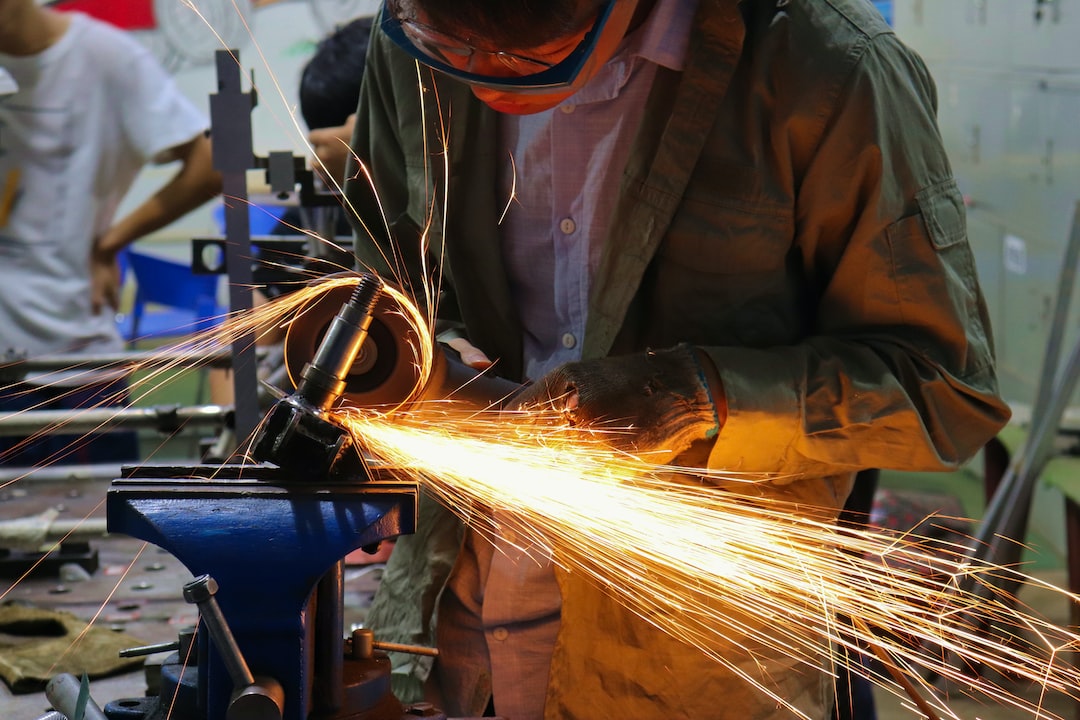Exploring the Benefits of Lean Manufacturing
In today’s fast-paced business environment, manufacturers constantly look for ways to increase efficiency, reduce waste, and improve their overall productivity. One approach that has gained considerable popularity is lean manufacturing. Lean manufacturing is a systematic philosophy and methodology that seeks to eliminate waste and improve the value stream of a production process.
At its core, lean manufacturing focuses on the elimination of waste in all forms. Waste can manifest in many ways, such as excessive inventory, overproduction, waiting time, transportation, unnecessary movement, and defects in the final product. By minimizing or eliminating these wastes, lean manufacturing aims to create a smoother and more efficient production system.
One of the key benefits of lean manufacturing is improved efficiency. By eliminating waste and streamlining processes, companies can significantly reduce the time it takes to produce a product. This leads to faster delivery times, increased customer satisfaction, and allows companies to respond more quickly to changing market demands.
Another important benefit of lean manufacturing is cost reduction. By reducing waste, companies can minimize their overhead costs, such as excessive inventory, transportation expenses, and unnecessary labor. This allows businesses to operate more competitively in the market, as they can offer lower prices to customers while maintaining or even improving their profit margins.
Lean manufacturing also enhances product quality. By identifying and eliminating waste, companies can focus on continuously improving the quality of their products. This can be achieved by implementing quality control processes, reducing defects, and increasing customer satisfaction. With higher quality products, companies can build a stronger reputation, gain customer loyalty, and ultimately increase their market share.
Furthermore, lean manufacturing promotes employee engagement and empowerment. This approach encourages employees at all levels to actively participate in process improvement initiatives and problem-solving. By involving employees in the decision-making process, companies can tap into their knowledge and experience, which often leads to innovative ideas and increased productivity. Engaged and empowered employees are more likely to take ownership of their work, leading to higher job satisfaction and reduced turnover rates.
Lean manufacturing also supports sustainable practices. By eliminating waste and optimizing processes, companies can minimize their environmental impact. For example, reducing waste can result in less material usage and lower energy consumption. This not only benefits the environment but also helps companies comply with environmental regulations and align with consumers’ growing preference for sustainable products and practices.
Additionally, lean manufacturing promotes a culture of continuous improvement. Lean principles encourage companies to regularly assess their processes, seek feedback, and make necessary changes. This continuous improvement mindset enables companies to stay ahead of their competitors and adapt to changing market conditions more effectively.
While lean manufacturing offers numerous benefits, it is not without challenges. Implementing lean principles requires strong leadership, commitment, and a willingness to change. Companies must invest in training their employees, establishing clear goals, and fostering a culture of continuous improvement. Additionally, lean manufacturing requires careful planning and coordination across all functions of the organization to ensure successful implementation.
In conclusion, lean manufacturing is a powerful methodology that offers numerous benefits to manufacturers. From improved efficiency and cost reduction to enhanced quality and employee engagement, lean principles have the potential to transform the way businesses operate. While implementing lean manufacturing may present challenges, the rewards are well worth the effort. Companies that embrace lean principles and continually strive for improvement are more likely to thrive in today’s competitive marketplace.

